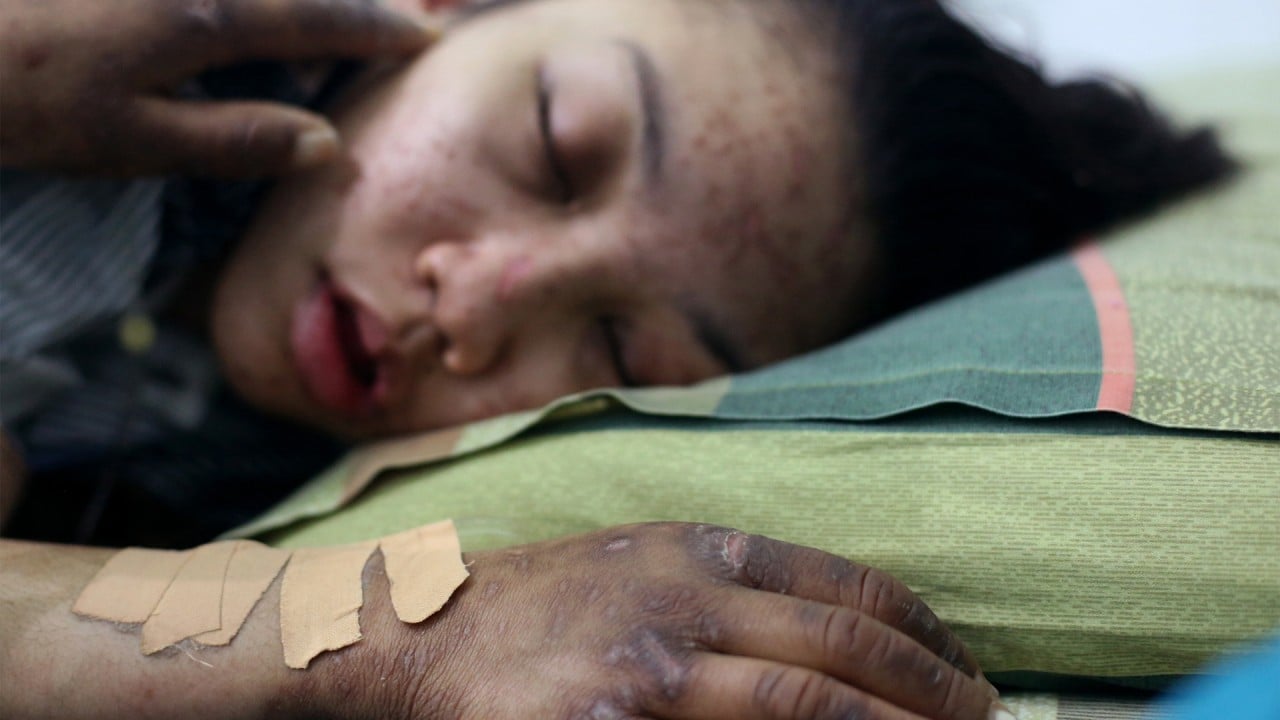Advertisement
Letters | Time Hong Kong gave up racist ways to give helpers due respect and equal rights
- The city recognises the need for imported domestic labour, it just doesn’t recognise the needs of the labourers
- It is about time it addressed the long-standing policy of discrimination, which seems entirely based on race
Reading Time:2 minutes
Why you can trust SCMP
0

I read the recent article, “Filipino helper’s death in Hong Kong points to stark health care gap” (October 11), with interest, but sadly, without surprise. Health care is just one of many areas in which foreign domestic helpers are neglected in this city.
Isn’t it about time Hong Kong addressed the long-standing policy of discrimination, which seems entirely based on race?
According to the aforementioned article, there are some 380,000 domestic helpers in Hong Kong. That is not an insignificant number and accounts for 5 per cent of the total population, higher still if you only account for adults.
Also, that number has been steadily swelling for the last 15 years – in 2006, the total was only 200,000. The city recognises the need for the labour, it just doesn’t recognise the needs of the labourers.
The government has set domestic helpers’ salary at HK$4,630 a month. There are no laws preventing employers from having a helper on call 12 hours a day, six days a week – in fact, this is quite common. The resulting hourly wage is around HK$16 per hour. The standard minimum wage is HK$32.50. How is it that there are two minimum wages, one for residents and one for foreign workers?

03:04
From Erwiana Sulistyaningsih to Baby Jane Allas, abuse of foreign domestic helpers in Hong Kong prompts calls for better protection
From Erwiana Sulistyaningsih to Baby Jane Allas, abuse of foreign domestic helpers in Hong Kong prompts calls for better protection
Besides lower wages, the workers are also subject to a smaller holiday allowance, poor health care protections (as mentioned in the article) and, notably, no claim to permanent residence.
Advertisement